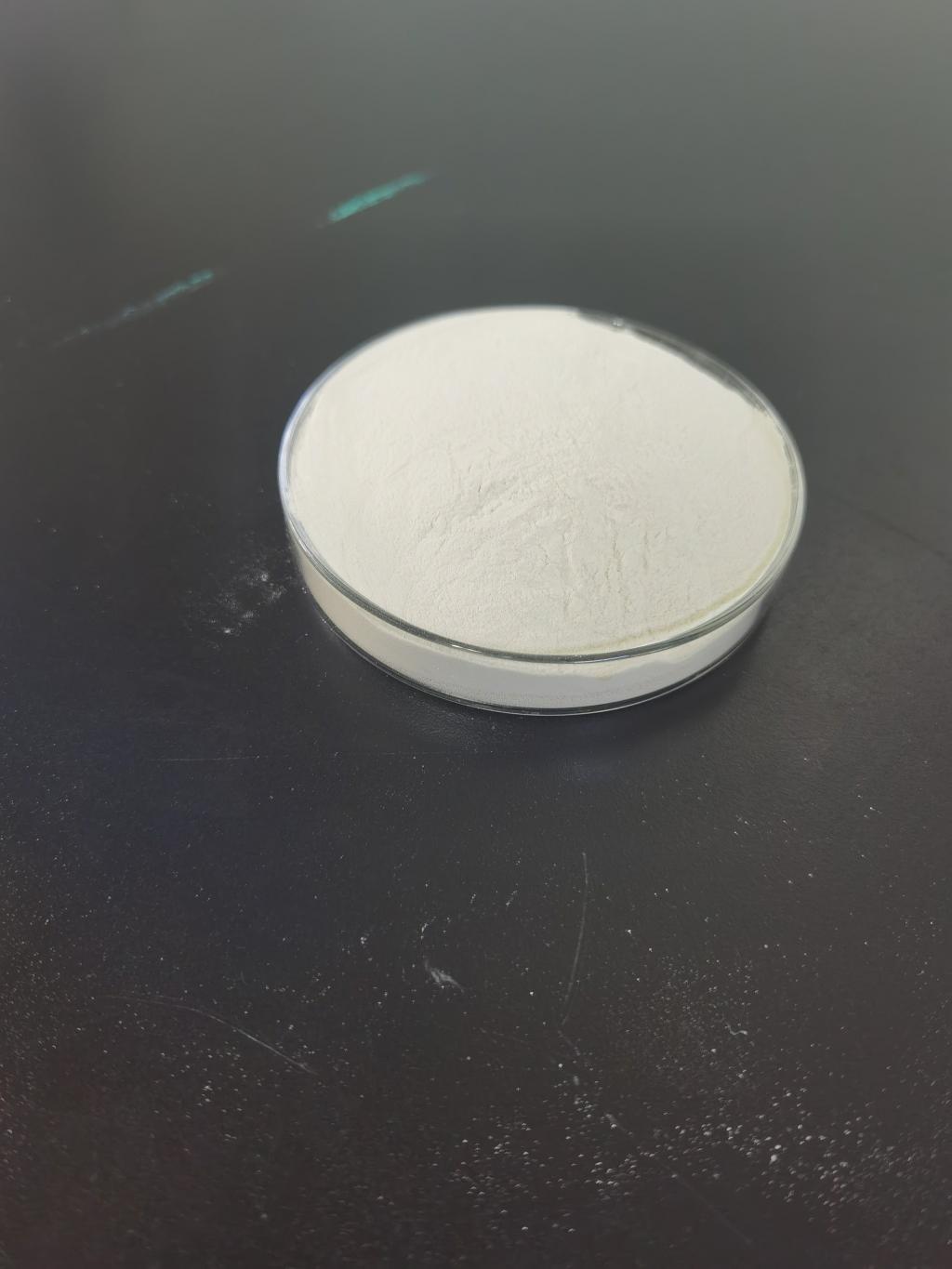Tel:+8618231198596

News
 CONTACT
CONTACT
 CONTACT
CONTACT
- Linkman:Linda Yao
- Tel: +8618231198596
- Email:linda.yao@dcpharma.cn
- Linkman:CHARLES.WANG
- Department:Overseas
- Tel: 0086 0311-85537378 0086 0311-85539701
News
Current Position:
Home >
News
>Nisin's potential as an additive in functional foods and dietary supplements.
Nisin's potential as an additive in functional foods and dietary supplements.
TIME:2023-08-18
Introduction:
The concept of using food as medicine has spurred the development of functional foods and dietary supplements that offer not only nutritional value but also specific health benefits. Nisin, a bacteriocin produced by certain strains of Lactococcus lactis, presents an intriguing opportunity to enhance the functionality of these products. With its antimicrobial properties and potential health-promoting effects, nisin holds promise as a valuable additive in the realm of functional foods and dietary supplements.
1. Antimicrobial Properties of Nisin:
Nisin's primary role as a natural preservative stems from its potent antimicrobial activity against a wide range of pathogenic and spoilage microorganisms. Its ability to disrupt bacterial cell membranes makes it effective against Gram-positive bacteria, including various foodborne pathogens. Incorporating nisin into functional foods and dietary supplements can help extend their shelf life and enhance microbial safety.
2. Health-Promoting Effects of Nisin:
Beyond its antimicrobial properties, nisin has shown potential health-promoting effects that make it an attractive candidate for use in functional foods and dietary supplements:
Anticancer Properties: Research suggests that nisin may exhibit anticancer activity by inducing apoptosis in cancer cells and inhibiting tumor growth.
Immunomodulatory Effects: Nisin has been reported to enhance the immune response by stimulating the production of cytokines and immune cells, potentially contributing to improved immune function.
Anti-Inflammatory Activity: Studies have indicated that nisin possesses anti-inflammatory properties, which could be beneficial for conditions characterized by chronic inflammation.
Antioxidant Capacity: Nisin has been shown to possess antioxidant activity, which may help protect cells from oxidative stress and reduce the risk of oxidative damage.
3. Application Methods in Functional Foods and Dietary Supplements:
Nisin can be incorporated into various functional foods and dietary supplements to harness its benefits. Application methods include:
Baking and Cooking: Nisin can be added to baked goods, ready-to-eat meals, and other cooked products to inhibit the growth of spoilage microorganisms.
Beverages: Nisin can be added to beverages such as juices, smoothies, and sports drinks to extend shelf life and enhance microbial safety.
Probiotic Supplements: Nisin can complement the activity of probiotic bacteria in supplements, enhancing their stability and overall efficacy.
Capsules and Tablets: Nisin can be formulated into capsules or tablets for easy consumption as a dietary supplement, promoting its health-promoting effects.
4. Current Research and Applications:
Research on nisin's potential as an additive in functional foods and dietary supplements is steadily advancing. Various studies have explored its effects in different product categories, including dairy products, meat products, and probiotic supplements. For instance, incorporating nisin into yogurt has been shown to improve microbial stability and increase product shelf life. Similarly, nisin-enhanced probiotic supplements may offer synergistic health benefits.
5. Challenges and Future Prospects:
While the potential of nisin in functional foods and dietary supplements is promising, certain challenges need to be addressed:
Dosage and Safety: Determining optimal dosage levels and ensuring the safety of nisin consumption are critical considerations.
Regulatory Approval: Regulations governing the use of nisin in functional foods and dietary supplements vary by region. Harmonizing regulatory frameworks is important for widespread adoption.
Consumer Acceptance: Educating consumers about the benefits of nisin and addressing any potential concerns is essential for successful market integration.
Conclusion:
Nisin's multifaceted benefits, including its antimicrobial properties and potential health-promoting effects, position it as a valuable additive in functional foods and dietary supplements. As research continues to unveil its potential applications and benefits, nisin holds the promise of enhancing the functionality and value of these products, contributing to improved health and well-being for consumers worldwide. As challenges are addressed and regulatory frameworks are established, nisin could play a significant role in shaping the future of functional foods and dietary supplements.
- Tel:+8618231198596
- Whatsapp:18231198596
- Chat With Skype







